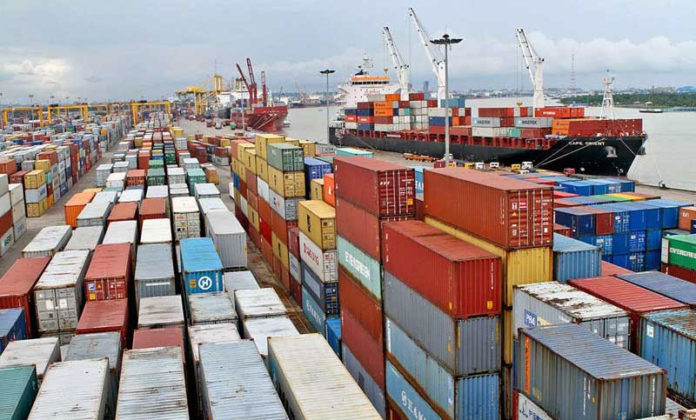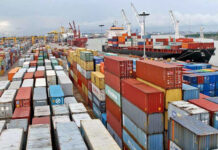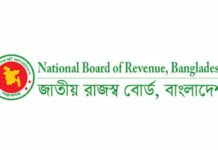On Friday, the first day of the transport strike, export goods arrived and were unloaded at Chittagong port. On Saturday (6 November), the second day of the strike, the leaders of the Transport Owners and Workers Organizations were in a tough position. No trucks or lorries were allowed to enter the port at the entrance of Chittagong port jetty and at the gates of private depots. As a result, no export goods could enter the port. In this situation, BGMEA has taken initiative to handle export goods under the watch of the police. The exporters have sought the cooperation of law enforcement agencies to ensure the safety of the exported goods.
On Friday, the first day of the transport strike, about 5,000 containers of imported goods were unloaded at various jetties of Chittagong port. Of these, 150 containers have been transferred to various depots. 1,200 containers have been delivered (in railway wagons, trucks, lorries, and ships).
BGMEA First Vice President Syed Nazrul Islam said, ‘I strongly protest against such a harmful strike. At a time when the port’s capacity and acceptability were being praised internationally, such a strike could again complicate the unloading of goods.’
‘We, the exporters, will face huge losses if we do not unload the imported goods and deliver the exported goods on time,’ he said. ‘If the container does not reach the port within two to three days, it will miss the vessel. If the buyer is one week late in receiving the product, they may ask for a discount on the product, cancel the order or put pressure to send the product by air.’
He further said, “Container transport is being arranged under police guard at the initiative of BGMEA. We have already sent a message to our members to let us know if any containers of imported or exported goods are ready.’ Chattogram Metropolitan Police (CMP) is ready to assist BGMEA.




